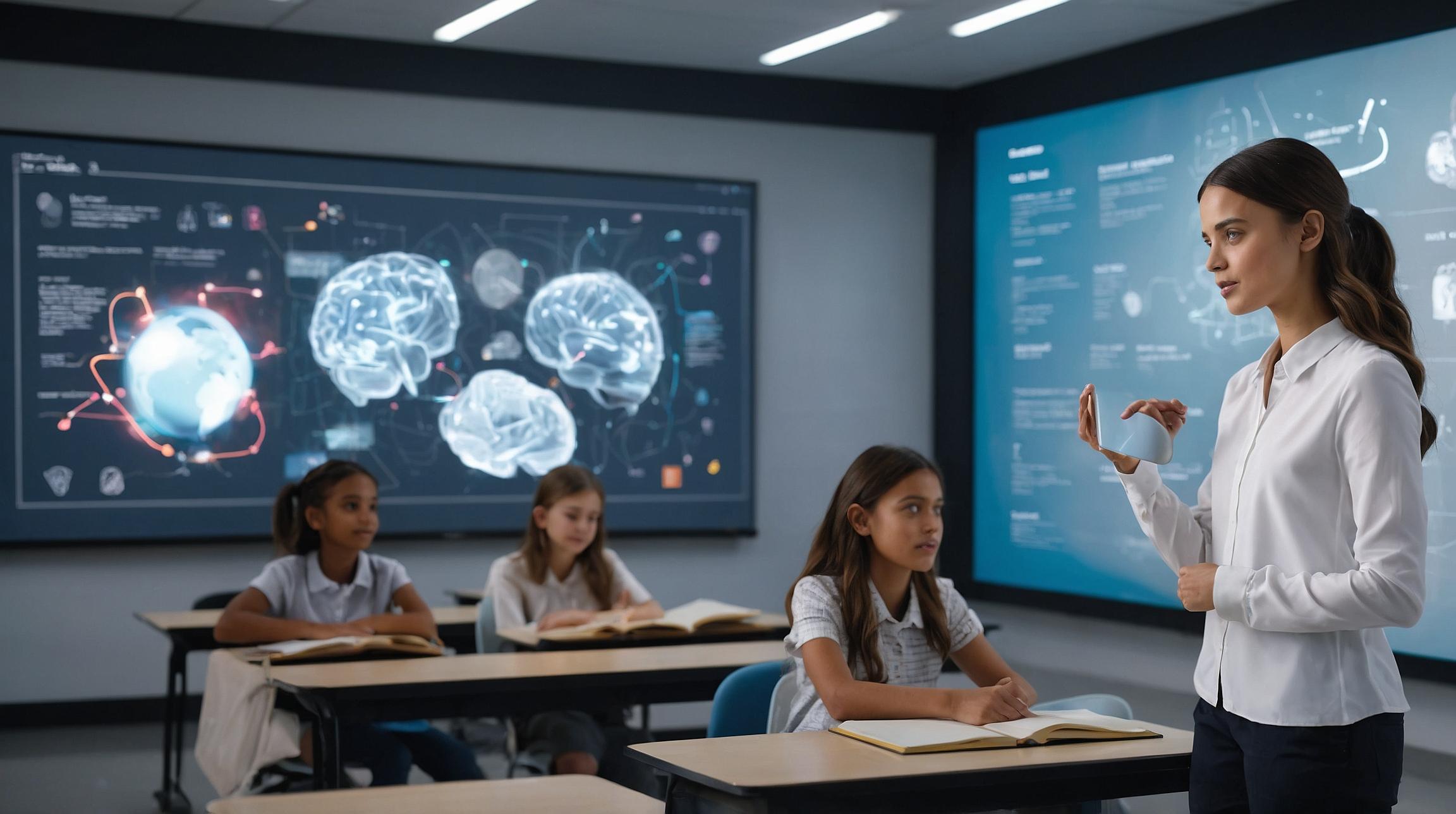AI's Role in Education: Easing the Burden of Tedious Tasks
We've come a long way from the days of dial-up internet to the cutting-edge world of artificial intelligence (AI). Although AI can't do everything, it can significantly transform the realm of education. Lawmakers are actively discussing how AI can remove tedious tasks from education, thereby enhancing efficiency and effectiveness.
Legislative Focus on AI in Education
House Representative Arturo Alonso-Sandoval, recently appointed to the Southern Regional Education Commission on Artificial Intelligence in Education, is spearheading efforts to incorporate AI into classrooms. His objective is clear: to use AI to alleviate some of the time-consuming tasks that burden teachers, allowing them to invest more time in human-to-human interactions.
"One thing we're discussing is how we can use artificial intelligence to remove some of the tedious, timely tasks from teachers and give them the ability to spend more time with human-to-human interaction," said Alonso-Sandoval.
How AI Can Help
Grading Complex Essays
Traditionally, grading, especially for complex essays, is a labor-intensive process for teachers. AI can step in to streamline this task. Advanced AI programs are becoming capable of grading not just multiple-choice tests but also intricate essays, providing valuable feedback and saving teachers countless hours.
Personalized Tutoring
AI's role in tutoring is another area with immense potential. Programs like Knahmigo are already offering personalized educational experiences. These AI-driven platforms can adapt to individual student needs, providing tailored instruction and support that extends the reach and efficacy of education.
"I think, at the end of the day, artificial intelligence is just another tool that teachers and students can use to become more effective in their roles," Alonso-Sandoval added.
The Future Outlook
The conversation around AI in education is still evolving, but the potential benefits are becoming increasingly clear. By removing tedious tasks, AI can allow educators to focus on what truly matters—engaging with students and fostering a more interactive and personalized learning environment.













